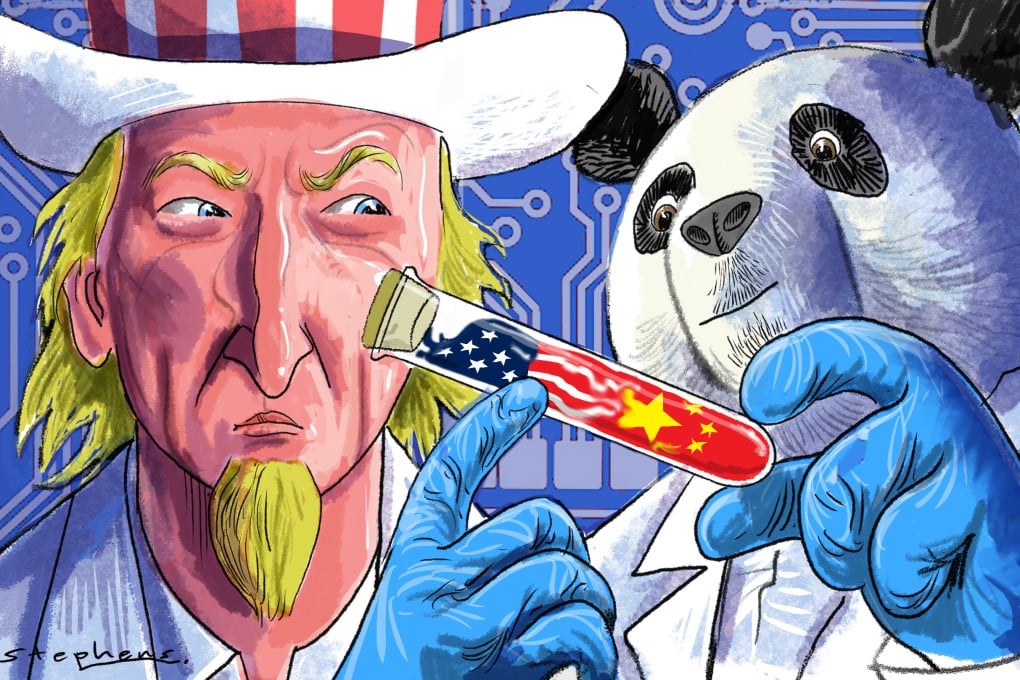Advertisement
Opinion | Renewed US-China science pact advances cooperation, despite tech wars
The pact sustains targeted collaboration, but it also risks reinforcing emerging scientific blocs, potentially reshaping the global research landscape
Reading Time:4 minutes
Why you can trust SCMP
1

The renewal of the US-China Science and Technology Cooperation Agreement (STA) marks a pivotal moment in scientific diplomacy, in an era defined by fierce technological competition and escalating geopolitical tensions.
First signed in 1979 between US president Jimmy Carter and Chinese leader Deng Xiaoping, the STA’s broad mandate provides a stable framework for long-term scientific cooperation. It has enabled nearly 100 protocols between governmental agencies, allowing collaboration across diverse fields, including agriculture, renewable energy, space, climate science, health and biotechnology.
Research shows that US-China scientific and technological cooperation is not a zero-sum game but a beneficial partnership. The United States has gained access to China’s expanding scientific capabilities and talent pool, while China has benefited from exposure to cutting-edge US research and collaboration. In tackling global challenges such as climate change and public health crises, this collaboration has delivered critical breakthroughs. Efforts in clean energy and climate science underscore the partnership’s value in addressing environmental and health threats.
But the past few decades have witnessed a surge in techno-nationalism, fuelled by the digital revolution, economic crises and intensifying US-China competition. Events such as the 2008 financial crisis, Covid-19 pandemic and Ukraine war have also deepened this trend.
Techno-nationalism emphasises national control over critical technologies, protection of domestic industries and reduced reliance on foreign technology, a stance that has challenged the spirit of international scientific cooperation.
Against this backdrop, the STA’s future became uncertain when its last five-year term expired in August last year. The agreement received two six-month extensions, reflecting both nations’ recognition of its strategic significance while signalling the need for adjustments in the changing geopolitical environment.
Advertisement
